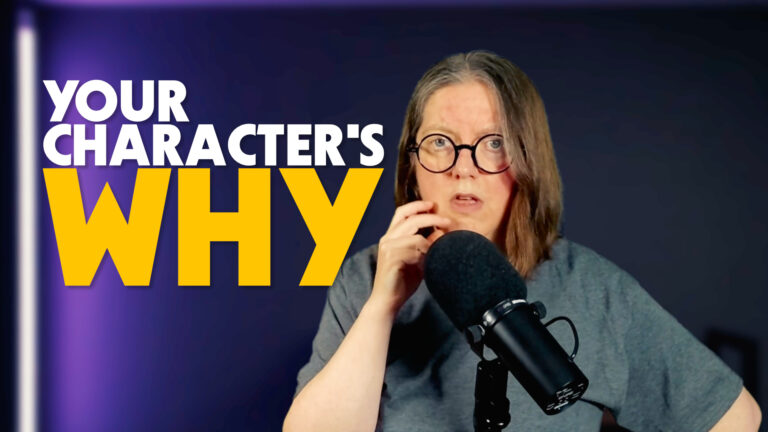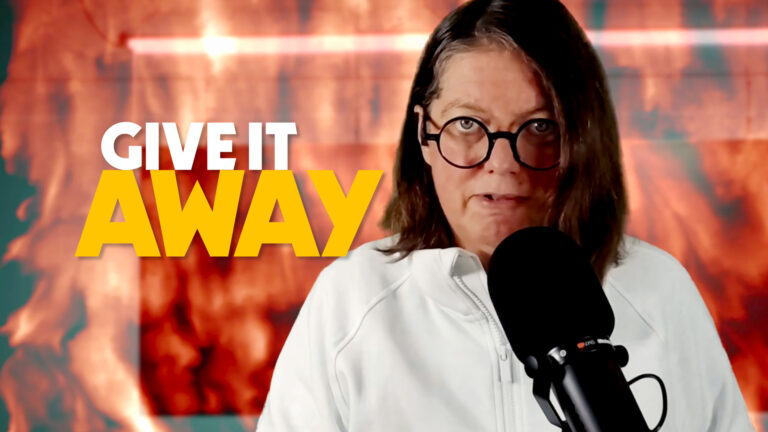
One of the most common fears for any performer is that moment in a scene when your mind becomes a white, empty room. Your scene partner says a line, you open your mouth to respond, and there is absolutely nothing there.
Advice to “just say something” can feel impossible when your brain has shut down. But this experience is not a sign that you are bad at improv or that you lack ideas, it’s a biological response. Your brain is experiencing what is called cognitive load, much like a computer with too many programs open at once. It has frozen, or crashed. And instead of fighting against this response, we can work with it using a simple process.
Note:Before you do anything, the first and most important step is to just pause and breathe. A moment of silence is a perfectly normal human reaction. It adds depth to your character. Stay in the scene, as your character, and just be present in that pause. If that alone does not reboot your brain, you can move to this simple, three-step system.
Step One
First, force your attention outwards. When we panic, our focus turns inward. To break that spiral, look at something outside of your own head. Really look at your scene partner’s face, or an “improv” object in the room that you have established (or haven’t!).
Pick one thing and put all of your focus on it. Then, simply comment on that thing. You could say, “You look exhausted,” or “This is an old couch.” That is all. This simple act might be enough to get your brain back online.
Step Two
If you are still stuck, move to this second step and add an emotional reaction. Ask yourself, “How does my character feel about that old couch?” Then respond with that feeling. You might say, “I love how comfortable it is,” or “I can’t believe your mother left this to us.” This instantly creates a relationship and a point of view, deepening the scene. Both very good improv things to do!
Step Three
The final step is to make a related statement or ask a good question. This gives you another moment to breathe and gets your scene partner involved. If you love the couch, you could follow up with, “We should never get rid of it,” or ask, “Think we could find another one like it for the cabin?”
This is not the kind of open-ended question we are taught to avoid early in our training. Questions are fine when they add new information to and move the scene forward.
This simple process can turn a moment of panic into a moment of rich character work. And if all of that fails? Your scene partner is there. Trust them. We have all been there, and they will have your back.
Watch on YouTube
The podcast and the youtube episode also contains a special note for neurodivergent improvisers related to this week’s topic.




